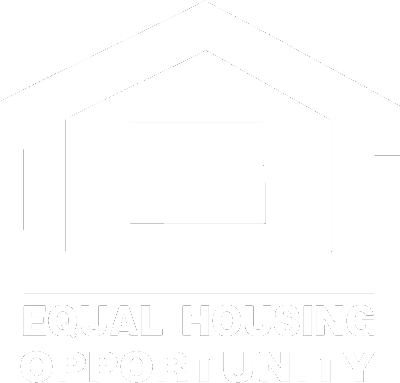The Biden Admin. wants tighter regulation over private equity investors that have more than a 5% ownership block in facilities enrolled in Medicare of Medicaid.
NEW YORK – A 5% ownership block in a commercial real estate sector would rarely cause a blip on the government radar.
But that’s not the case with America’s nursing homes and senior care facilities. After initially threatening to do so in February 2022, the Biden administration is proposing rules requiring more transparency about the owners, managers and contractors at nursing homes. And the consensus is that the small private equity ownership block is his primary target.
In the new proposal, nursing homes enrolled in Medicare or Medicaid would have to disclose whether a facility’s direct or indirect owners are private equity companies or real estate investment trusts (REITs).
If you want to be part of the Medicare and perhaps the Medicaid system, you must abide by the information requests that are made to you, Health and Human Services Secretary Xavier Becerra said.
The move comes as criticism mounts regarding private equity investment in the nation’s nursing homes, tiny or not. A study by the University of Pennsylvania’s Atul Gupta, New York University’s (NYU) Sabrina T. Howell, University of Chicago’s Constantine Yannelis and NYU Ph.D. candidate Abhinav Gupta summarized that after a nursing home’s purchase by a private equity firm, residents’ short-term mortality rate jumped by 10%.
The study was conducted by analyzing Medicare and Medicaid data covering more than 18,000 U.S. nursing homes between 2004 and 2019. During those 15 years, 1,700 facilities were purchased by private equity firms.
Earlier this year, National Public Radio (NPR) charged that some nursing home owners had moved money from their facilities through corporate arrangements they claim are widespread and legal. NPR found that most don’t own their buildings and outsource essential services such as nursing staff, management and medical supplies to affiliated companies, referred to as “related parties.”
NPR reported that nursing homes pay the related parties more than $12 billion per year, with federal regulators not knowing how much the owners charge above the cost of services and how much ends up in owners’ bank accounts.
The new rules proposed by the Biden administration would negate the hidden process to open books relating to how money is spent at each nursing home.
The real estate investment trust (REIT) Welltower Inc., which buys senior healthcare facilities, is using Americans’ retirement dollars to fund the acquisitions in Meadville, Pennsylvania, according to Jacobin magazine.
Branded as “a leading voice of the American left, offering socialist perspectives on politics, economics and culture,” Jacobin also reported that Welltower “doubled down on acquiring lower-cost senior apartments and squeezing residents on fixed incomes,” according to the magazine’s review of the company’s regulatory filings.
See also: Medical Properties Trust (MPW) Soars 8% In One Day: What In The World Happened?
At November’s HLTH forum, Adaeze Enekwechi, an operating partner at healthcare-focused private equity firm Welsh, Carson, Anderson & Stowe, and a former head of health programs for the Obama administration’s Office of Management and Budget, shot back at the criticism. While admitting that failures occur among private equity-backed or -owned companies, a “Gordon Gekko-like” focus on stripping businesses for immediate profit is not done in the dark and signals the end of any firm’s “solid reputation.”
“With the harsh spotlight on (price to earnings) PE, any instance of (failure) tends to get magnified. However, we’re not sitting in our respective roles looking for businesses we can tear apart,” Enekwechi said. “A lot of that, I think, is coming from people who don’t really have a deep understanding of the motivations, the incentives, how we think about assets (during) identification and ultimately an investment.”
The Biden administration, which hopes to impose the new rules by this summer, claims that by making facility ownership and oversight more transparent, nursing home residents and their families will be more empowered to make informed decisions about care.
© 2023 Benzinga.com – Benzinga does not provide investment advice. All rights reserved.
©Florida Realtors®
Source link



